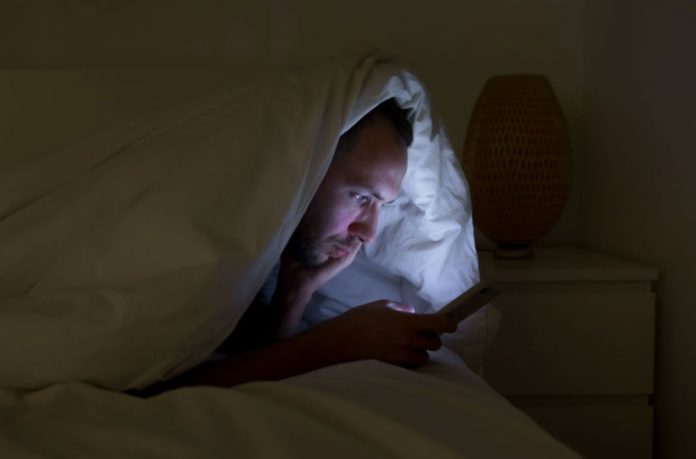Sleeping less than six hours per night increases dementia risk and lowers vaccines effectiveness.
Sleep expert Dr Rebecca Robbins and co-author of Sleep for Success! spoke about the dangers of lack of sleep.
According to the expert and also an instructor in medicine at Harvard Medical School and an associate scientist at the Division of Sleep and Circadian Disorders at Brigham and Women’s Hospital, during the day, the brain produces toxins, the accumulation of which is associated with a decrease in cognitive abilities, as well as Alzheimer’s disease and dementia.
“When we sleep, not only does the brain stop producing these toxins, but it also produces a cerebral fluid which, in essence, pressure-washes the brain to remove the toxins that have built up,” Dr Robbins explained.
In addition, lack of sleep can negatively affect immunity. Chronic sleep deprivation more than doubles the risk of colds and slows down the production of antibodies after vaccinations.
When we sleep, our bodies create and release cytokines, which fight infection and inflammation.
“There is one very interesting study that has looked at rhinovirus, a sister pathogen of SARS-Cov-2. The researchers found that those who are sleep-deprived had more than a twofold greater risk of colds and flu,” Dr Robbins said.
“In those people who are vaccinated, we see an increased development of antibodies to combat the viral pathogen, and that’s accelerated when you couple vaccine appointments with healthy sleep duration,” the doctor said.
To improve the quality of sleep, Rebecca advises to go to bed and wake up at the same time every day.
The duration of sleep should be eight hours, but it is better to go to bed half an hour earlier in order to have time to relax and fall asleep.
For those who wake up in the middle of the night, Robbins recommends not turning on the phone, but getting out of bed, sitting in a chair or on the floor and meditating.
“Naps can absolutely be part of a healthy sleep routine,” Dr Robbins said, “but I recommend sticking to 20 minutes, unless you’ve had a really terrible night’s sleep, when you can stretch it to 90 minutes.”
Many studies support her: New Zealand researchers discovered that people in high-pressure jobs performed better on alertness and performance tests after taking a short nap during work hours.
After lunch, from 2-4pm, is the optimal time to snooze.
Image Credit: Getty
You were reading: Expert speaks about the serious harm of lack of sleep
